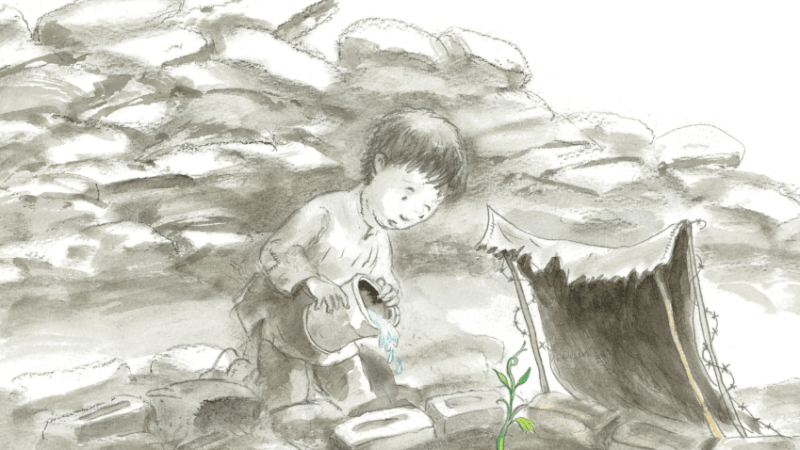How Teachers can Foster their Own Style Within the Boundaries of their School’s Behaviour Policy

I strongly encourage you to ask questions of the senior leaders in your school about the behaviour policy you are expected to support, says Jarlath O’Brien…

Headteachers look away now; I was one of those teachers who ignored our school policy that children must have their blazers on at all times unless the headteacher announced that summer uniform school rules applied.
I took the view that if I felt the room was warm enough for me to remove my jacket, then it was indefensible for me to expect the children to keep theirs on.
I don’t fall for the ‘We’re adults, they’re children’ nonsense either. Holding still-developing children to higher standards than those we expect or demand from mature, well-qualified professionals is frankly ridiculous.
Secondly, and this is far more important, I trusted the children to make reasonable decisions about what they needed to do to make themselves comfortable in my class.
If, by taking their blazer off, they were more relaxed and in a better frame of mind to pay attention and learn without being disruptive to others, then it seemed petty of me to deny them the chance to do this.
I didn’t view blazer removal as an act of defiance or the precursor to a student insurrection. This need to control everything because, if we make a concession by allowing a child to take their blazer off, chaos will ensue, smacks of insecurity.
It reminds me of General Melchett, the parody first world war army officer from Blackadder Goes Forth when he says, ‘Give ‘em an inch and before you know it they’ve got a foot. Much more than that and you don’t have a leg to stand on.’
Consistent practice
A major part of the environment within which you, your colleagues and the children are working is your school’s behaviour policy. It is obviously designed to help you do your job, although rarely we may have all come across policies that seem to do precisely the opposite.
A good whole-school behaviour policy provides the basis for consistent practice among the adults in the school and offers support when you need it. You can lean on it when you’re out of ideas and it can be the comfort blanket you need when you’re new to teaching or have just started at a new school.
However, it can also get in your way. Whole-school policies can mandate practices you may want to reject or that you fundamentally disagree with. You may feel that your school’s policy is overly restrictive or, worse, too lax; that it adds to your workload or that it doesn’t involve you in the process enough.
Overly restrictive
How do you go about fostering your own style from within the boundaries of a school’s behaviour policy? People like me get bent out of shape if colleagues aren’t consistent, but this is not the same as being mindless or robotic.
Some things in a policy are non-negotiable, but there should always be plenty of room for you, your personality and your principles to shine through.
I did, however, leave a school early on in my teaching life when I felt the system was overly restrictive, both for me and for the children stuck in the middle of it.
I was told by my boss soon after starting at the school that he preferred it if the children worked in silence with the work put up on the board, and that practical work was better done individually and in silence. That was enough for me to decide that I should work elsewhere.
Ask questions
I strongly encourage you to ask questions of the senior leaders in your school about the behaviour policy you are expected to support. Good leaders will welcome this and will be happy to explain why policies have been set up in a certain way.
It would be concerning if they can’t explain to you, or if they are defensive about their policies. As the science writer Jacob Bronowski says, ‘Ask an impertinent question and you are on your way to a pertinent answer.’
You may well have good suggestions as to how behaviour policies can be improved and I encourage you to put these to your senior leaders. Your experience at the chalkface is valuable and good leaders will recognise this.
You make the weather in your classroom, as they saying goes (well, apart from PE teachers), so it is inevitable that the relationships developed between the human beings in your classroom play a large part in how heavily you lean on the school’s behaviour policy.
Your sense of humour; how you create the learning environment; your passion for the subjects you are teaching; the humanity of your responses to stress, crisis, struggle and conflict; the encouragement you give to students when they feel helpless; the interest you take in their lives; the fact you give a damn and go the extra mile by making the effort to contact home when things have gone well – these things all accumulate into your identity as a teacher.











